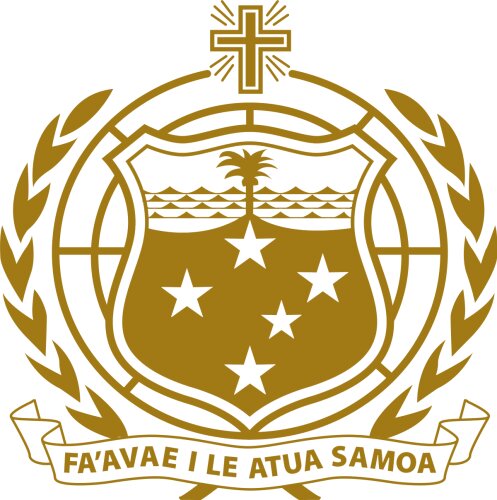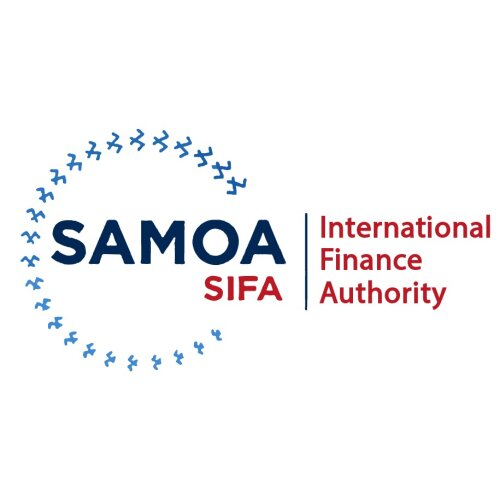Best Equity Capital Markets Lawyers in Apia
Share your needs with us, get contacted by law firms.
Free. Takes 2 min.
List of the best lawyers in Apia, Samoa
About Equity Capital Markets Law in Apia, Samoa
Equity Capital Markets (ECM) law in Apia, Samoa, focuses on the rules and legal structure governing the buying, selling, and issuance of shares and related securities. Apia, being the capital and commercial center of Samoa, is the primary venue for such transactions. The local ECM environment intertwines domestic regulations with available international investment options, enabling Samoan businesses to access funding and allowing investors to participate in company ownership. Key transactions in this sector include initial public offerings (IPOs), rights issues, private placements, and the ongoing compliance required for publicly listed entities.
Why You May Need a Lawyer
There are several scenarios where legal expertise in equity capital markets is crucial. For businesses, lawyers ensure compliance with regulatory frameworks when issuing new shares or undertaking capital raisings. For investors, legal professionals safeguard your interests by clarifying your rights and obligations. Common circumstances include:
- Launching an IPO or listing your company on a stock exchange
- Structuring private placements or rights issues
- Navigating compliance for ongoing disclosure obligations
- Understanding investment risks and shareholder agreements
- Resolving disputes between shareholders or other market participants
- Ensuring adherence to anti-money laundering provisions and due diligence
Local Laws Overview
The legal framework for equity capital markets in Apia, Samoa, is mainly derived from a combination of the Companies Act 2001, the Trustee Companies Act 1988, and regulations governed by the Central Bank of Samoa and the Samoa International Finance Authority (SIFA). Relevant laws center on:
- Company registration, capital structure, and share issuance
- Disclosure requirements for public offerings and ongoing operations
- Securities regulations to protect investors
- Anti-money laundering and know your customer (KYC) procedures
- Rules for trusts and holding structures used in international finance
Frequently Asked Questions
What is equity capital?
Equity capital refers to funds raised by a company in exchange for ownership interests, typically represented by shares. It is a common way for businesses to raise money for growth without incurring debt.
Can foreign investors participate in Samoan equity capital markets?
Yes, Samoa welcomes foreign investment. There are certain reporting, registration, and compliance requirements that must be met, particularly for non-resident investors or offshore entities.
How can a company become publicly listed in Samoa?
A company must comply with disclosure and reporting obligations under the Companies Act 2001 and secure necessary regulatory approvals. Legal assistance is essential to manage complex documentation and liaise with relevant authorities.
What legal structures are most common for equity investments in Samoa?
Companies limited by shares are the most common, but trust and foundation structures are also used for international investors, particularly through SIFA-registered entities.
What are the risks of investing in Samoan equities?
Risks can include volatility, regulatory changes, and disputes between shareholders or directors. Conduct thorough due diligence, understand company financials, and seek local legal advice before investing.
How are shareholder rights protected under Samoan law?
The Companies Act 2001 provides frameworks for shareholder meetings, voting, and dispute resolution. Courts in Samoa can enforce shareholder agreements and company bylaws.
What disclosures are required when seeking to raise equity capital?
Companies must disclose material information in offering statements or prospectuses, including financial status, risks, and intended use of funds. Ongoing disclosure obligations also apply.
Are there anti-money laundering requirements?
Yes, the Central Bank of Samoa and SIFA require rigorous anti-money laundering and KYC checks for all ECM transactions involving residents and non-residents.
Do I need approval from regulatory bodies to issue shares?
Regulatory approval may be needed, depending on the nature of the offering and the type of investor. Legal guidance ensures all notices and filings meet requirements.
What are the steps for resolving equity capital market disputes in Samoa?
Most disputes are resolved through negotiation or mediation. If necessary, cases can be brought before Samoan courts or other dispute resolution bodies, with legal representation being critical.
Additional Resources
Consider these resources and organizations for further information:
- Central Bank of Samoa: Regulatory body for financial institutions and anti-money laundering oversight
- Samoa International Finance Authority (SIFA): Supervises offshore and international business companies
- Registrar of Companies: Manages company registrations and annual filings
- Samoa Law Society: Offers listings of qualified lawyers and legal information
- Chamber of Commerce and Industry: Provides insights on local business climate and investment support
Next Steps
If you require legal advice or representation in equity capital markets in Apia, Samoa, take the following steps:
- Identify your specific needs, such as issuing shares, investing, or dispute resolution
- Gather relevant documents, such as company formation paperwork, shareholder agreements, and financial statements
- Contact a Samoan lawyer or law firm specializing in finance, corporate, or securities law
- Arrange a consultation to discuss your situation, compliance requirements, and available options
- Follow legal guidance and keep up to date with ongoing compliance obligations
Lawzana helps you find the best lawyers and law firms in Apia through a curated and pre-screened list of qualified legal professionals. Our platform offers rankings and detailed profiles of attorneys and law firms, allowing you to compare based on practice areas, including Equity Capital Markets, experience, and client feedback.
Each profile includes a description of the firm's areas of practice, client reviews, team members and partners, year of establishment, spoken languages, office locations, contact information, social media presence, and any published articles or resources. Most firms on our platform speak English and are experienced in both local and international legal matters.
Get a quote from top-rated law firms in Apia, Samoa — quickly, securely, and without unnecessary hassle.
Disclaimer:
The information provided on this page is for general informational purposes only and does not constitute legal advice. While we strive to ensure the accuracy and relevance of the content, legal information may change over time, and interpretations of the law can vary. You should always consult with a qualified legal professional for advice specific to your situation.
We disclaim all liability for actions taken or not taken based on the content of this page. If you believe any information is incorrect or outdated, please contact us, and we will review and update it where appropriate.












